We are now at the letter B in the Blogging from A – Z Challenge, April 2014 and today we have a little look at B is for Belgium – you rebel you.
Belgium is different
Contents
I absolutely love Belgium, probably because I consider it to be so idiosyncratic. Belgium does not appear to see itself as a cohesive country. More that it is a series of city states, each independent of each other. Our experiences in Ghent, part of the Flanders region and of Brussels a city of bipolar characteristics and other little villages along the way have confirmed these ideas. Each is so proud of themselves and really quite disparaging of the others.
We don’t see this difference in Australia. You may live in New South Wales or Queensland or Tasmania but at the end of the day, we are a cohesive country. I do not think that Belgium is – which makes it a riveting place to visit.
Ghent in Belgium is a rebel
Ghent for one is quirky. Ghent is a fiercely independent city in Belgium. They are proud to flaunt their individuality and really love their quirky little city, and with good reason. I don’t know that they necessarily see themselves as part of Belgium at all. In fact they actively don’t and if you visit the Stadsmuseum Gent and listen to the tales, you will see why.
The king and queen of Belgium came to town as they visit each major city in Belgium, once a year, when we there. We saw a small crowd waving the Belgium flag and wandered over to be told of the visit. The king and queen duly arrived to not much fanfare at all. Certainly not what I would expect if it were the Queen of England, the US President or even their neighbouring Dutch king.
They were greeted by the most quirky band we have ever seen in our lives. People of all ages made up the band, whose outfits seemed to be derived from serious acid overdoses. This again shows the paradox of this city. Royalty arrives to be greeted by (very talented) musicians dressed as bizarre street performers. This is not a bad thing just a quandary. Are they French, Dutch, Flemish? No, they are the people of “Ghent”. Our landlady from our B&B asked us if the people booed.
Brussels in Belgium is a rebel
Brussels as the capital city is another prime example. It is peculiar in its own right. Some, namely me, could say that it is a working example of a bipolar city in a very good way because I really love this city. Sort of French, sort of Flemish, sort of EU indifferent. Many say that the people of Brussels, the Bruxellois, are cold and impersonal, but from personal experience, they are not. We think that their sardonic sense of humour is what throws many people. I for one, thought that they were great people in a very beautiful city.
Antwerp in Belgium is a rebel
Now Antwerp, again a wonderful place that you should visit and is just a bit of a rebel too. Antwerps sees itself as the Flemish capital of Belgium, and the rest may as well not exist really. In Antwerp’s main square there is a large statue of a man named Brabo who is cutting off a giant’s hand. It is a fountain where the water gushes out of the giant’s severed hand. Many say that this is how the city got its name. The Dutch name for the city: Antwerpen, comes from the combination of the words “hand” and “werpen” meaning “hand throw”.
Belgium lays claim to not just its contentious individualism, but also as a disparate nation. It stands to reason that is is also home to some interesting things.
Some really random facts about a really rebellious Belgium
– Karl Marx with Friederich Engels wrote The Communist Manifesto – whilst hiding in Brussels
– Victor Hugo was also exiled here and completed Les Misérables while visiting Waterloo in 1861.
– The Belgians don’t even like themselves. In one episode of Top Gear, Jeremy Clarkson went around the streets, asking the locals whether they were glad to be born Belgian. He was shocked to find just one person who said that they were.
Mannekin Pis in Belgium is a rebel
Everyone like to take the **** out of Mannekin Pis, yet it has its own legend(s) related to the rebellious Belgians. Much as many people scoff at this statue, these are some of the fables that we have heard.
– In 1142, the troops of the two-year-old lord who was ruling, were battling against other troops. The troops put the baby in a basket and hung the basket in a tree to encourage them. The Lord then urinated on the opposing troops, who eventually lost the battle.
– Another says that in the 14th century, Brussels was under siege by a foreign power. Because the city would not give in, the intruders planned to burn the city but a little boy urinated on the fuse thus saving the day.
– a wealthy traders young son went missing. He formed a search party that searched all over of the city until the boy was found urinating in a small garden. As a sign of gratutide he built a fountain to thank them for saving his son.
This statue has been around since the 15th century and has more than 900 outfits. Many companies and countries and even designers want to donate suits for the Manneken Pis, so much so that the city of Brussels has set up strict rules on what will or will not be acceptable.
So Belgium, you are a rebel with or without a cause and because of this, we love you.

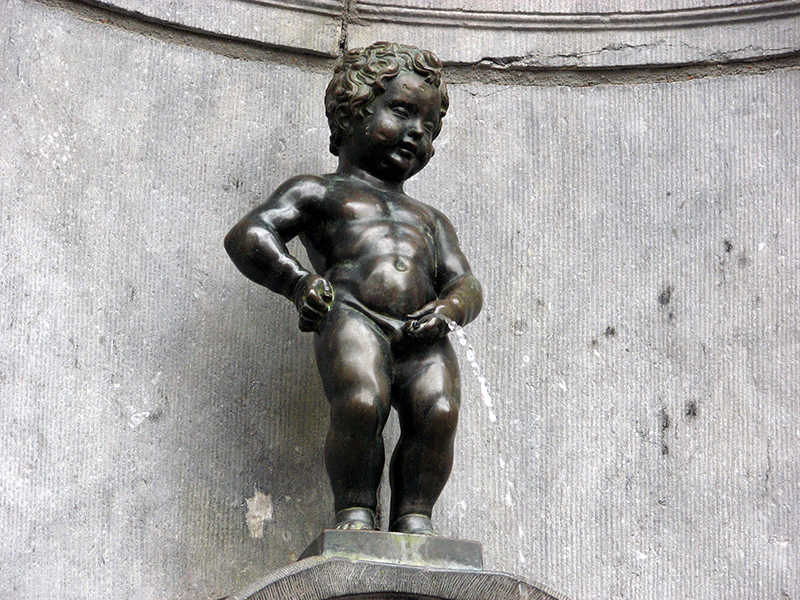
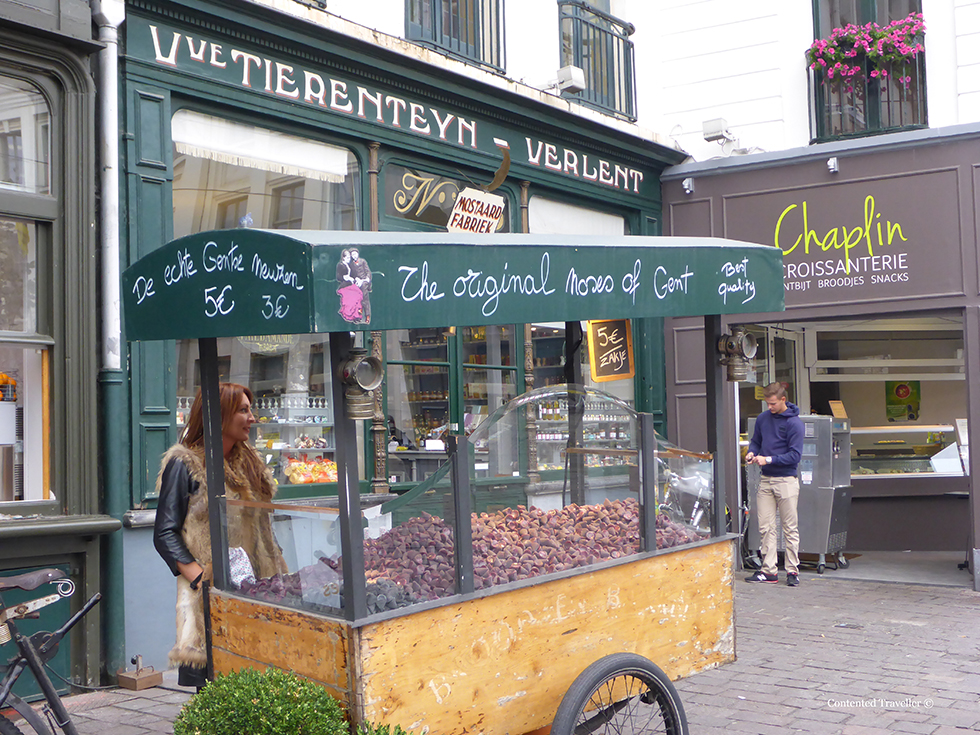
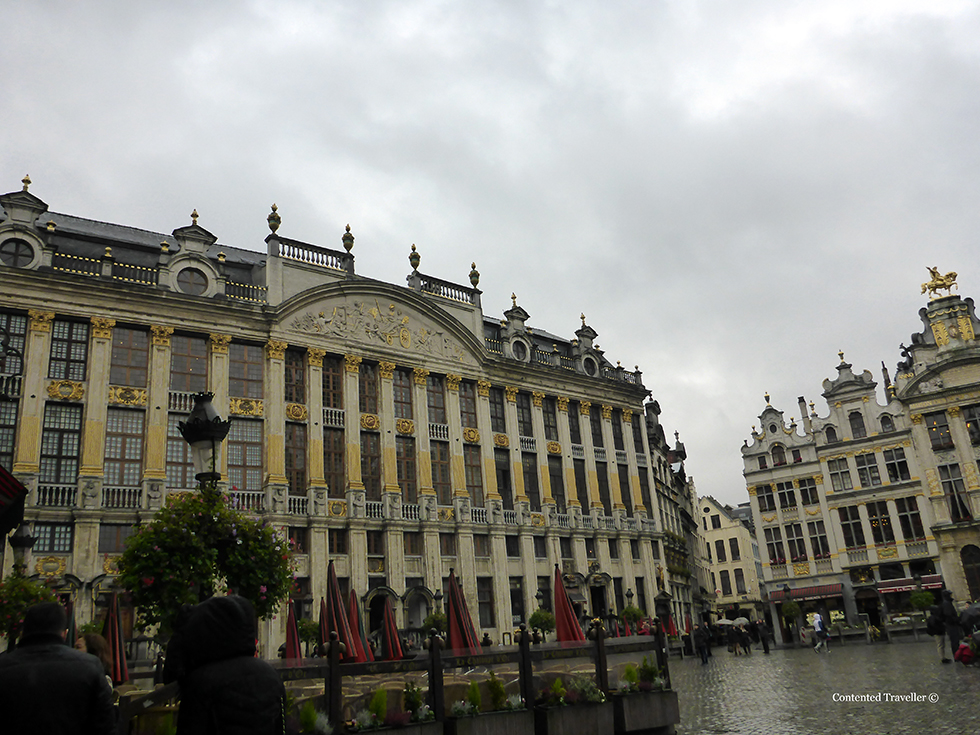
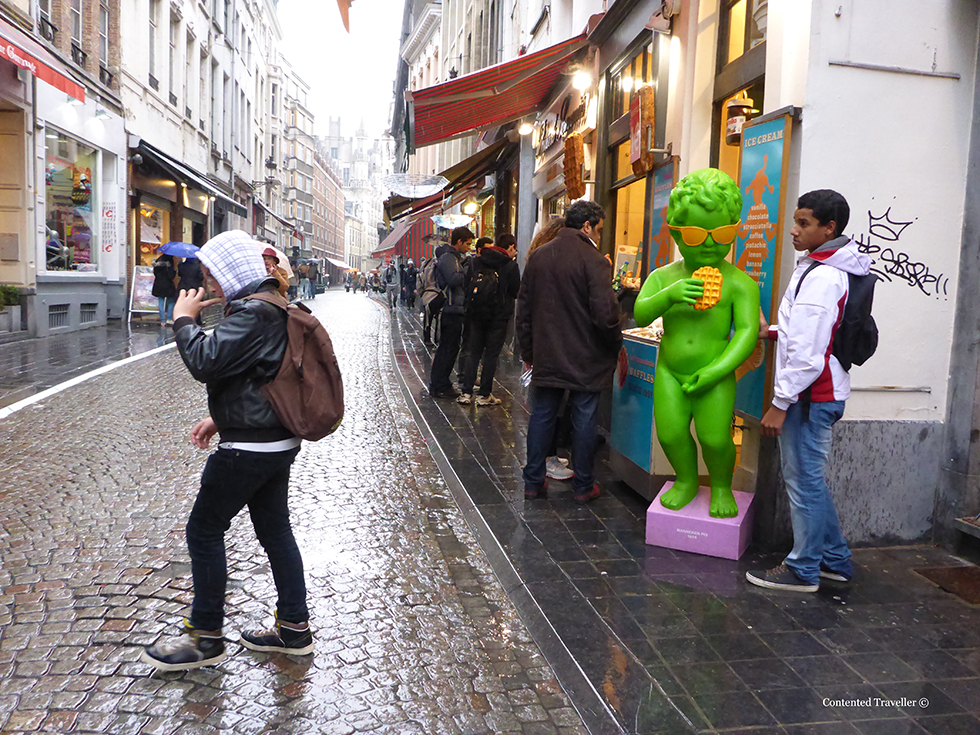
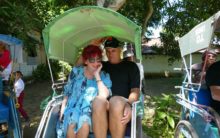
I think there are also some GREAT small places in Belgium as well, like Diest, Hasselt and on and on and on! Belgium is a rebel, because of how humble the people are and that they will always tell you somewhere not in Belgium to visit when you ask them where to visit in Belgium.
I agree, Belgium is a country that we will enjoy exploring a lot more of
I love this piece about one of my favorite places in the world! And I love the Belgians, too. 🙂
We loved it too. Belgium is definitely going to be a place we go back to. Soon. Thanks for your comment.
Great to see that Belgium gets a mention during this challenge. Being in England we are only a stones throw away and often find ourselves heading down to the channel for a quick hope across to sample the food and of course a few chocolates. 🙂
I am totally envious of people living over there. Feel like a weekend in Paris, why not. A day or two in Rome, yep. I do love Australia and our lifestyle but sometimes I feel far away 🙂
New Zealand, like Australia is very cohesive (although there is an odd rivalry between Aucklanders and everyone else). We traveled through Belgium way to quickly to really pick up on it, as it Belgium was not on our original plan, we just suddenly had an extra few days. Like everyone else, I have a the Mannekin Pis waffle photo 🙂
Visiting from AtoZ
Belgium is so idiosyncratic that I can’t wait to go back. Gordon bought the corkscrew much to my dismay 🙂
I can’t think of Belgium without my mouth watering – between the waffles, fries, and beer I have an immediate need to catch a flight back there ASAP. Great B!
Thanks, I too love belgium. Lets go and get into those frites and beer.
..”derived from serious acid overdoses”… this made me laugh more than it probably should! Glad to have found you on the A to Z challenge! Looking forward to reading more!
I love it when people get what I say and you did. We will get a long really well.
I need to pay more attention the next time I’m in Belgium. We did notice that it seemed a bit disconnected, but we weren’t sure if it was because the two places we visited (Antwerp and the Liege region) are just so different.
That’s a great way to express it – the great disconnect. Thanks for the comment 🙂
Loved the description of the band playing for the king and queen, so odd, but sounds like a great experience. We’re also participating in the challenge @bayessenceblog Let’s stay connected.
Would love to stay connected. The band just blew our minds, we couldn’t figure it out at all
Ive never been to Belgium, and now I know theres so much more than delicious chocolate! That green guy looks hilarious! Thanks for sharing! Hoping to make it to Europe soon- ill be sure to include Belgium in my route!
Definitely put Belgium and Brussels in particular on your list They are strange in a fabulous way.
Paula, I love that she asked you if they booed! Hilarious! Wish I’d been there.
We were a little shocked but she said that they didn’t count ..
A great read. I couldn’t get a handle on Belgium and this is probably why. I hadn’t thought about the countries cohesiveness. There certainly was a feeling of competition between the towns… I definitely preferred Ghent to Brugge. Too many tourists in Brugge!
We debated long and hard about Brugge ad could have done it as a day trip but its Disney like effect turned us off – plus Ghent was fun in an oddball way.
I find this interesting to hear about what an Australian thinks about one of my fellow European counterparts, granted the Belgian folks are a little different in comparison to the rest of Europe (western Europe in particular). I’m wondering if the Flanders region has something to do with the French who are also a little on the strange side when it comes to cohesion (or lack of).
At the same time, I like how the Belgians are rebellious, it makes them stand out from a crowd. The way they are different to the French is that they don’t always sit on the proverbial fence when it comes to making decisions. But that gets into a whole new topic of geo-politics, completely unrelated to travel of course!
I would love to visit Brussels and other regions of Belgium for sure to really get to the bottom of why they have such rebellious attitudes.
Go to Belgium, they are such a nice bunch of people and they will let you know what they think. I have pondered long and hard, not just Belgium but the Netherlands and other areas of Europe as well as to why they are disparate groups and not a cohesive country. I stick to my city states theory at this point in time.
a country that couldn’t agree on how to form a democratic government for 541 days. Yes! that isn’t a cohesive country.
Here in the Netherlands elections don’t give a majority either, but at least it doesn’t take so long to get an agreement 🙂
BTW my favorite city in Belgium is Brugge, such a little gem.
Shere y Paul
It really is an interesting country that blatantly chooses, in my opinion, not to be a cohesive group. Thanks for comment
Love this article! We are both Belgians and proud to be rebels without a cause 😉 Next time you’re in our little but very interesting country we will be happy to meet you and guide around! Cheers, Jempi (born in Antwerp) & Nina (born in Bruges).
You are on, we totally love Belgium you rebels, and would be rapt to meet you and see the country through your eyes. Thank you 🙂